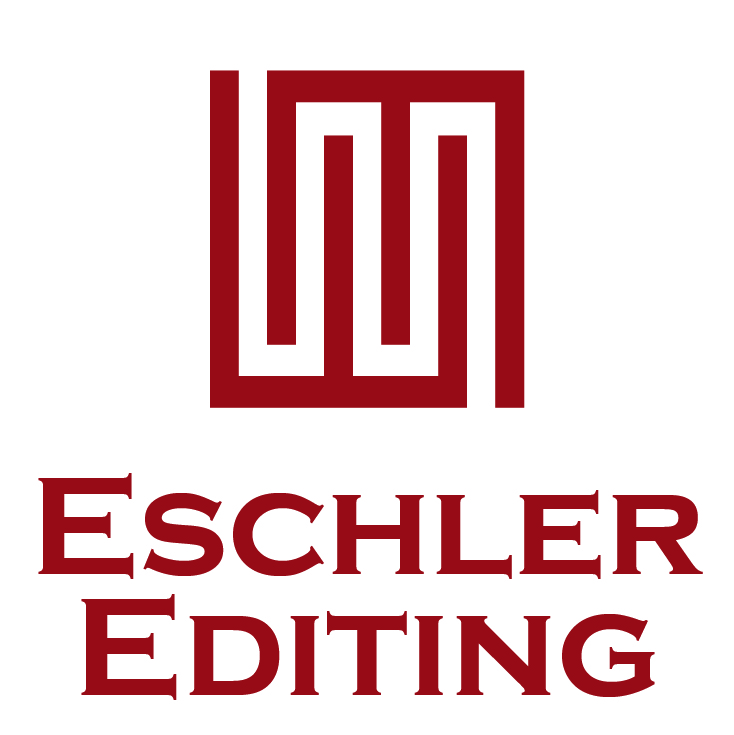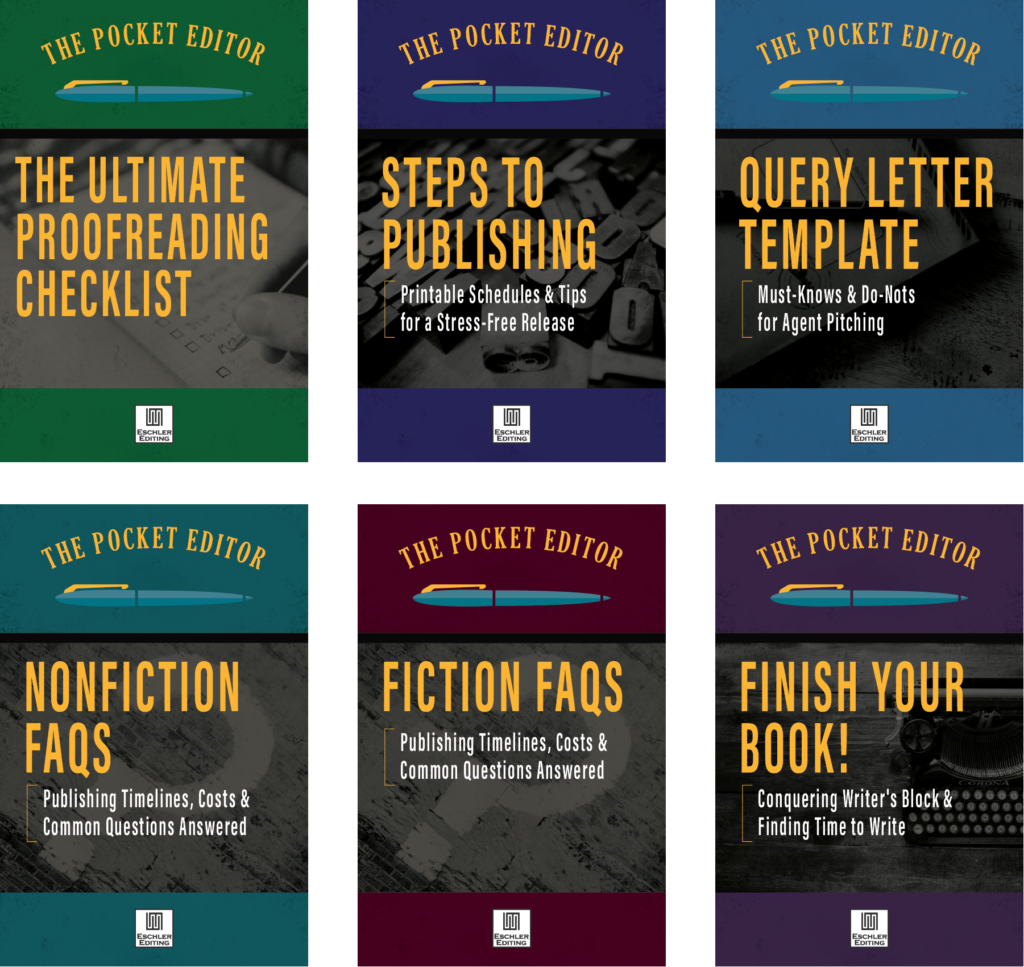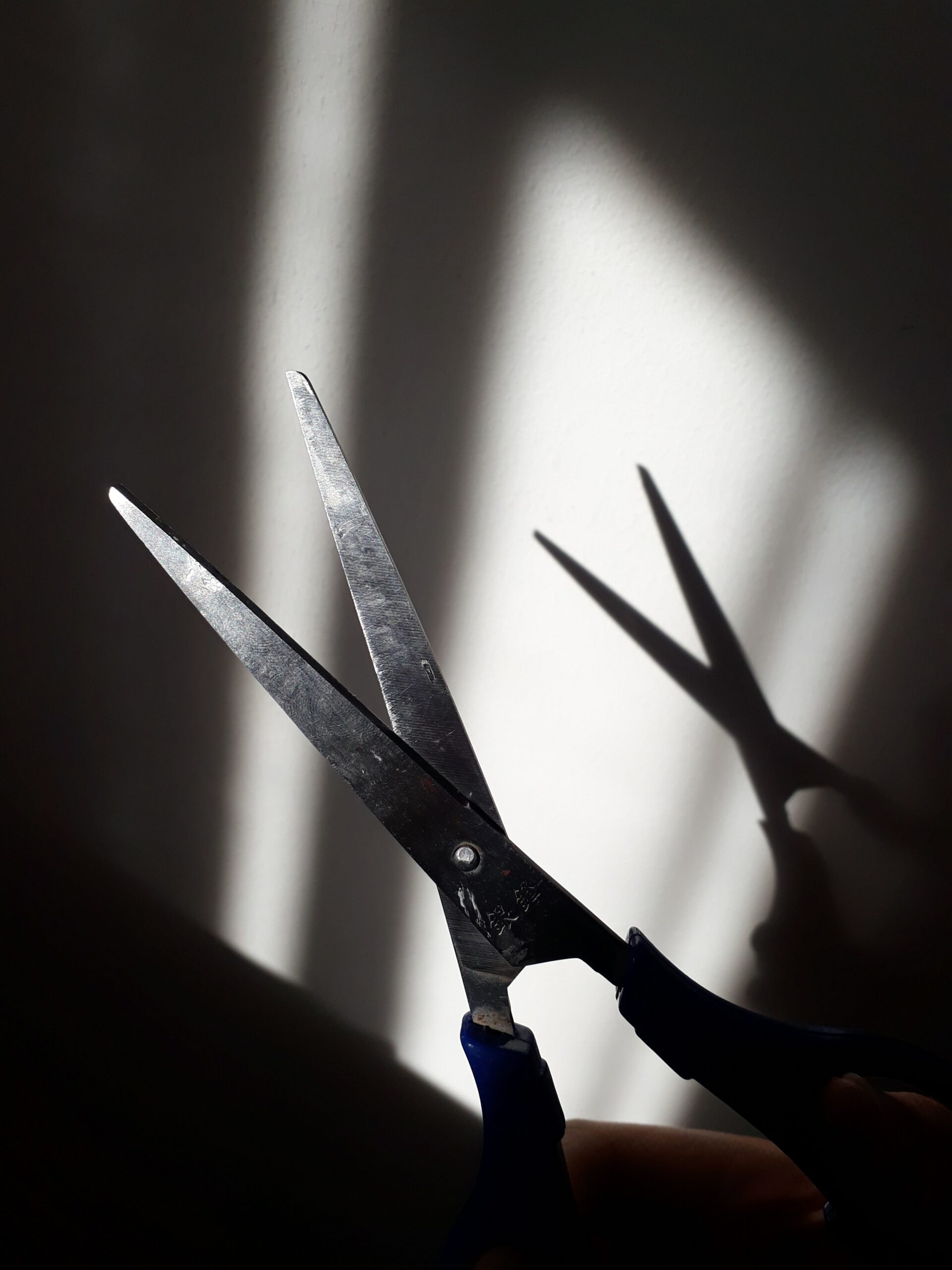by Guest Blogger Bruce Eschler
The longer we read, the more we realize a fundamental truth: Books matter. Not just the high-brow literary books, but books of all genres. Books for all ages. Stories of all genres aimed at readers of all ages can move and inspire and change the lives of people who read them. As a writer, being able to do that is one of the greatest gifts imaginable. In the article below, guest blogger Bruce Eschler shares how a middle-grade novel written for children helped him through a very adult dilemma. Maybe that’s why books written for kids should be seen as the most important literature of all—and why we should try reading one now and then.
As a junior high teacher I’ve witnessed and engaged in my share of debates over the value of middle-grade novels. A joke made at a recent writing conference I attended gets at the heart of the debate: “There’s high-grade literature and then there is middle-grade literature.” Many cases have been made online in defense of middle-grade texts. I’d like to add some slightly personal evidence affirming the value of this (and all) literature.
Almost two years ago, my father passed away. Needless to say, the last 48 months have been trying for me, my family, and especially my elderly mother. When tragedy hits, most of the world reads self-help books; many English majors turn to fiction. Therefore, I attempted to understand and categorize my grief through the literary arts.
I initially attempted to find a path through my grief by engaging with the canon, relying on what my collegiate studies and the literati consider “high literature.” I went through my Faulkner phase, and on a few occasions I put on Cash’s face, especially when dealing with the business side of death. As an only child, the loss of a parent brings more paperwork, phone calls, decisions, and meetings than is healthy. During my next phase of “high literature,” I looked to poetry as I read or penned verse while attempting to engage my emotions head-on. Frankly, this didn’t help much at all. None of my explorations into the literary cannon bore meaningful fruit, and I found myself still adrift—feeling isolated, irrational, and impulsive.
Still without any solace, I suddenly remembered a book—a middle-grade book that, frankly, doesn’t bear the weight of hundreds of academics pressing its importance and relevance down on me. Maybe that is why it can speak so freely and deliver such individualized impact. In Walk Two Moons, Sharon Creech provided something that the literary giants didn’t bring to the table as I tried to process my grief—an honest and heartfelt exploration of what grief feels like in its rawest moments and what unexpected and personalized ways we find to cope with and make sense of it.
For me, Faulkner, Whitman, Dickenson, and their literary equals—despite the fact that I deeply appreciate their writing—offer predictable, academic, or metaphysical explorations of suffering. They explore the abstract concepts of human existence. But when one is adrift in an ocean of confusion and personal suffering, such musings lack applicability. It’s difficult to connect to the intellectual when you are brought down to your own instinctual, confusing, and childlike yearnings for something out of reach that you can’t even seem to articulate. Re-finding myself amidst that experience happened only in the concrete realism of Sharon Creech’s Walk Two Moons.
In Creech’s book, Salamanca and Phoebe are two girls attempting to navigate their normal lives but continually finding themselves running into waves of fear, confusion, grief, and … at least one lunatic. Both girls have lost their mothers—one to death, the other to abandonment. But in an attempt to deal with the pain, the girls determine that Phoebe’s mother was really kidnapped by a lunatic. With that determination, they set off on a journey to find the lunatic and thus rescue the missing mother. Grief and loss are not philosophical investigations in this novel; they’re portrayed honestly, concretely, and as somehow simple in their complexity, because they bring us back down to the childlike impulses that drive us to do irrational and emotional things—the kind of impulses we all experience in times of trauma.
I’ve read and taught Walk Two Moons before, but it wasn’t until after my father died that I realized how logical Salamanca and Phoebe are. As adults we might try write off their response to grief as bizarre, juvenile, or irrational, but when one is in the midst of upheaval and loss, who is to say the juvenile response is not actually an appropriate reaction? Dealing with tragedy brings us all to the level of children, because we are once again yearning for someone to take us in their arms and tell us it will all be all right. We want someone else to fix it, and we want to believe miracles can happen. Literature written for the middle grades has the ability to connect to the awkward, frightened, stumbling pre-teen in all of us. And like Phoebe and Salamanca, we could very easily find ourselves pursuing a mysterious lunatic or embarking on a journey across the country to find our lost parent.
So, to those middle-grade naysayers and members of the real or even pseudo-intelligentsia, I suggest, as we read repeatedly in Creech’s text: “Never judge a man before you’ve walked two moons in his moccasins.” Don’t pass judgment on the value of any family of books until you’ve fully sampled from them. If you followed the intense “YA saves” debate online and in the media, then you’ll know what I mean when I propose that middle-grade can heal.
Do This Now
- Consider to whom you are writing your current book. Spend some time thinking about this; what do you hope to give that person through what you are sharing?
- Write down five reasons why writing your book matters. Every book matters; why does yours?
- Whatever you do, keep writing. Because your story, regardless of its genre, will matter to and impact someone, YOU will make a difference.
- Check out the “Thursday Therapy” section in our archives to borrow some motivation to help you keep writing.
Let’s hear from you! Please let us know how middle-grade (or any book) has mattered to you.
Bruce Eschler teaches junior high school students most of the year, writes speculative fiction for kids as much as he can (agented by Sara Crowe at Harvey Klinger, Inc.), and is hoping he’ll soon be done with his pesky doctoral program.





Thank you, Bruce, for this insightful article on appreciating all kinds of literature. Sometimes when ideas are presented in a straightforward and simple way, it allows us to grasp them more readily and use them as tools in understanding some of our deepest feelings and thoughts. No question that even children’s books can help us see things in a new light.
So true! My own bookshelves are full of samples from pretty much every genre out there. I’ve got sci-fi, fantasy, Regency, historical, horror, gothic, YA, middle grade, westerns, chapter books and illustrated, spy, mystery, adventure. And I’ve honestly found stories in all of them that touched my heart, that made me laugh when life seemed dark, that brought perspective to my own sorrows, that entertained and enlightened, that opened my mind to other possibilities, that helped me become more empathetic, that made me believe I wasn’t alone in the universe, that charmed and soothed and helped and healed and delighted and filled me with wonder. If a book has touched you in some way, whether it be life changing or only something small and simple, maybe that’s the only criteria that counts.
One of the most thought provoking, meaningful books in my life is considered by some to be a picture book (although I think it actually falls into YA). Kate DiCamillo’s The Miraculous Journey of Edward Tulane. It is one of the most moving stories I have ever read. I would hate for someone to miss the beauty of it because it doesn’t fit in a genre the consider high literature. Thanks for your great article.
I agree that books of any genre can be life changing. I have a friend who had hit rock bottom in her life–was addicted to drugs and living in her car (I’m not even sure it was her car–could have been someone else’s), and she was blithely letting others take care of her children. She turned her life around quite a bit after finding (being given?) some “light, fluffy” fiction story about a similar type of character. Whatever the message in that book, it motivated her to pull her life together–she went to rehab, got counseling, got parenting training, got a job, and got her kids back. I was amazed that after all the lectures and help (and threats) people had tried to give her, that’s what pulled her through.
The Chronicles of Narnia set my childhood heart in the direction of literature–and toward my future career as an editor. I knew from the time I was young that I was going to be an English major…let the chips fall where they may. There are many kids books that move me to tears and remind me of what’s most important in life.
On the other hand, the literary masterpiece by Stegner, Crossing to Safety, was loaned to me by a young man once. He said it was his favorite book. I was so astonished at how amazing that book was, and how amazing the young man who loved it must have been, that I married that boy (almost just for his taste in literature alone).
And there are some nonfiction books that I consider almost holy in terms of how much they’ve helped me, and pure old-fashioned adventure novels that I haven’t forgotten no matter how many years pass.
I’ll stop rambling now, but I honestly don’t think I could live in a world without a diversity of genres! Every viewpoint expands my own!
I foolishly was not aware that the value of teen and tween literature was being debated. From my own life-altering reading of Dear Mr. Henshaw (Beverly Cleary) after my parents’ divorce to watching my 7yo finally devour chapter books once we found stories about bullies and boogers, writing for children is honest and direct. While “literary canon” deserves respect, “literature” is a misleading term sought out by misdirected authors. We don’t get ahead in life by demeaning the small and weak, and our writing doesn’t improve if we jump at chances to ignore other’s voices.
Thank you for pointing out another example of how children’s literature “heals”–healing children themselves!